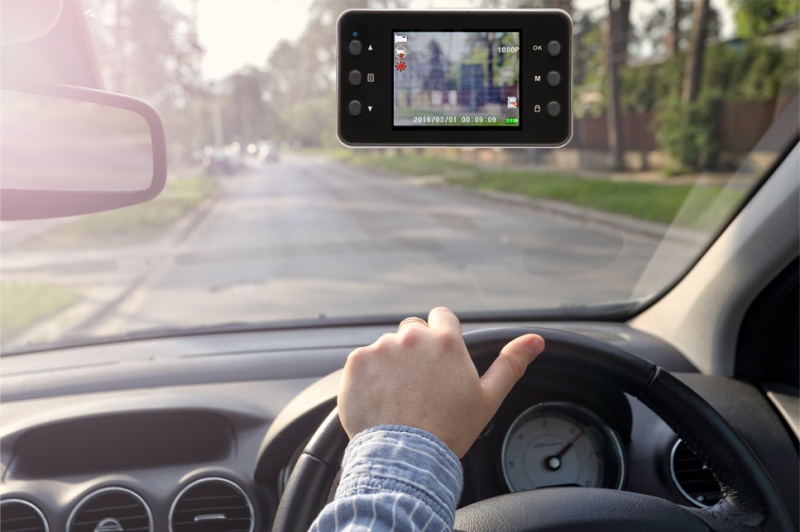According to new research, in-car technology such as dash cams and telematics boxes that let parents see how their children drive, could reduce the number of crash rates caused by young drivers.
Whilst most teenagers are beyond excited to get their driver’s license, for the parents it’s the complete opposite; anxiously waving goodbye with bated breath as their child drives off on their own for the first time, hoping they return safe and sound. With a third of 16-19 year old drivers more likely to die in a car crash and one in four (23%) 18-24 year olds crash within two years of passing their driving test, could sharing in-car footage with parents reduce the number of crash rates, potentially saving lives and making roads safer?

New research suggests that sharing dash-cam and black box recordings that assess speed, distance travelled, time of day as well as driving style by monitoring braking and cornering, with parents might make young people drive more carefully. It is thought that sharing this information could potentially reduce bad driving habits for newly qualified drivers as they are less inclined to drive dangerously for fear of losing their newly found freedom if their parents found out.
In a report commissioned by the RAC Foundation; ‘Keeping Young Drivers Safe During Early Licensure’, Dr Bruce Simons-Morton reports that “the technology essentially gives parents a permanent presence in their children’s cars”. This could potentially help reduce the catch 22 dilemma many young drivers find themselves in; needing to drive in order to gain more experience whilst still posing a significant risk every time they take to the road.
Whilst new drivers are inclined to drive relatively safely when in the presence of parents or other adults, this drastically changes when that adult figure is absent, resulting in more riskier behaviour on the roads. This is further highlighted by society’s reliance on technology, more specifically mobile phones, and is perhaps the crux of the problem. Without adult supervision, young motorists are more inclined to be distracted by mobile phones, answering calls and replying to text messages whilst behind the wheel. The report further states that the presence of other young passengers also plays a part when it comes to distracting the driver, impacting their ability to focus on the road and their surroundings, leading to dangerous driving as well as enforcing bad driving habits.
Alongside Dr Simons-Morton’s call for greater “parental management”, he believes that international evidence highlights the benefits of a graduated licensing system – something that the Department for Transport are currently exploring, which could see the introduction of night time driving bans and passenger age restrictions in a bid to improve road safety.
While the director for the RAC Foundation; Steve Gooding, believes young drivers may condemn the idea of having their parents supervise their every trip, but “constant parental presence, delivered through technology, has been shown to moderate risky behaviour behind the wheel.”
We can’t dispute the fact that parental or even adult supervision, be that a virtual or physical presence, does affect the driving ability of a newly qualified driver and has the potential to make roads safer if this is enforced. But what do you think?
Are you a newly qualified driver? How do you feel about parents watching and assessing your driving skills? Or are you a parent? Do you think in-car footage for young drivers is a good idea? Let us know your thoughts through our social media channels.
Other Relevant CarCliq Articles:
Night Time Driving Ban For Young Drivers
Young Drivers To Be More Cautious
Skoda Citigo Crowned Safest First Car For Young Drivers
Advanced driving courses; What are they? Should you take one?
All You Need to Know About Dash Cams
For more CarCliq News click here.